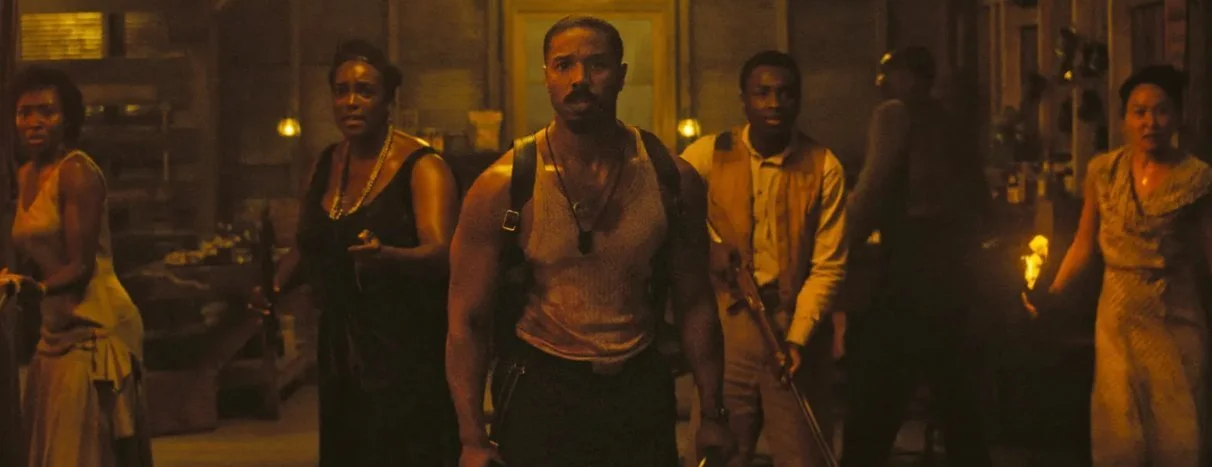Almost 8 months after its release, Christopher Nolan’s “Oppenheimer” has been released in Japan. It’s understandable to learn of Japan’s decision to include “trigger warnings” before every screening.
The film’s subject matter has made it a very controversial topic in Japan. Some of the population still has PTSD in regards to being the only country to suffer atomic bombing. The nuclear blasts of 1945 destroyed Hiroshima and Nagasaki, killing more than 200,000.
Universal Pictures had left off Japan in its global release strategy for "Oppenheimer.” It was eventually picked up by Bitters End, a Japanese distributor of independent films, but not without controversy. The distributor added that the pickup came in the wake of “months of thoughtful dialogue associated with the subject matter and acknowledging the particular sensitivity for us Japanese.”
Reuters has some fascinating takes from Japanese audiences, of all age ranges, who caught up with “Oppenheimer” this week. The opinions seem to vary, from person to person, but most of the ones gathered are nuanced and reflective of how sensitive the topic is to this nation:
“Of course this is an amazing film which deserves to win the Academy Awards," said Hiroshima resident Kawai, 37, who gave only his family name. "But the film also depicts the atomic bomb in a way that seems to praise it, and, as a person with roots in Hiroshima, I found it difficult to watch."
A big fan of Nolan's films, Kawai, a public servant, went to see "Oppenheimer" on opening day at a theatre that is just a kilometre from the city's Atomic Bomb Dome. "I'm not sure this is a movie that Japanese people should make a special effort to watch," he added.
Another Hiroshima resident, Agemi Kanegae, had mixed feelings upon finally watching the movie. "The film was very worth watching," said the retired 65-year-old. "But I felt very uncomfortable with a few scenes, such as the trial of Oppenheimer in the United States at the end."
Speaking to Reuters before the movie opened, atomic bomb survivor Teruko Yahata said she was eager to see it, in hopes that it would re-invigorate the debate over nuclear weapons. Yahata, now 86, said she felt some empathy for the physicist behind the bomb. That sentiment was echoed by Rishu Kanemoto, a 19-year-old student, who saw the film on Friday. "Hiroshima and Nagasaki, where the atomic bombs were dropped, are certainly the victims," Kanemoto said. "But I think even though the inventor is one of the perpetrators, he's also the victim caught up in the war," he added, referring to the ill-starred physicist.
As you might already know, in “Oppenheimer,” Nolan refused to show the effects of the bomb on the Japanese people, which did irk a few people, including Americans, like Spike Lee who has stated that Nolan should have shown the resulting effects of the nuclear bomb in Japan.
However, Nolan has defended his decision of not showing the atrocities perpetrated on the Japanese people by saying his film was told subjectively from Oppenheimer’s point of view, and that he didn’t want to steer away from that.
There’s this great scene near the end where Cillian Murphy’s Robert J. Oppenheimer looks at a slide show of the horrific Japanese aftermath of the bomb; he can barely look at it, clearly affected by what he’s seeing. In my eyes, that scene was more than enough in subtly showcasing the ravages of the bomb.
“Oppenheimer” is about the moral conflict that he and others had in developing the nuclear weapon. There is not one instance in the film that glorifies the bomb.





